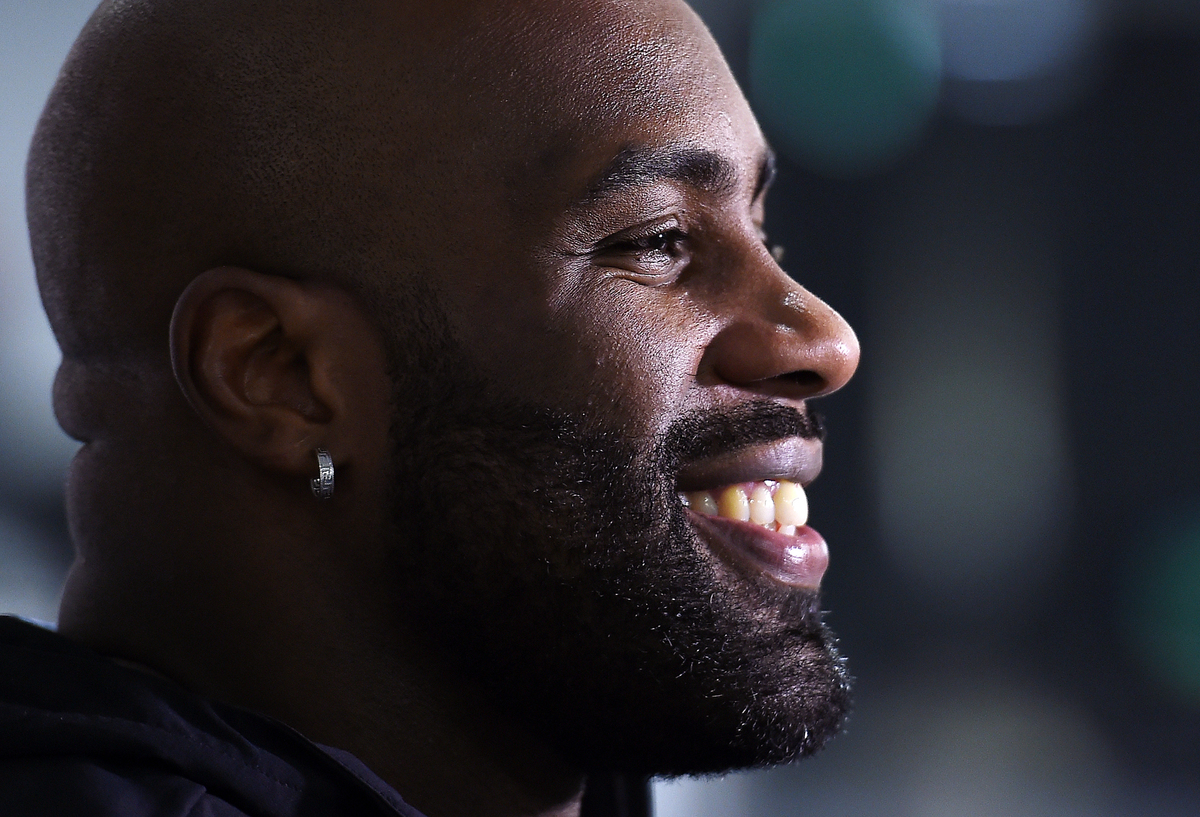“Unlocking the Secrets of Your Genes: What Your Physical Traits Really Say About You!”
The yellowish color comes from carotenoids, the pigment in fruits and vegetables that turns them red, orange, and yellow. “When we’ve eaten enough [carotenoids], they layer in the skin and dye it yellow,” says Lefevre.
Rosy Skin Comes From An Active Lifestyle

Regardless of ethnicity, some people develop a rosy, pinkish undertone to their skin. According to researcher Lefevre, this tone could illustrate an active lifestyle. The pinkish color may stem from good blood circulation, which often results from frequent exercising.
For women, this skin tone could suggest that it’s their time of the month. During menstruation, the hormone estradiol guides blood vessels to the surface of the skin. This results in a rosy hue that hints at when a woman is ovulating.
People With Plump Cheeks May Become Depressed

The plumpness of your cheeks could indicate how easily you get sick. According to researcher Benedict Jones of Glasgow University, people with more fat in their faces are more likely to experience depression and anxiety throughout their life. They also become sick more often.
Researchers aren’t sure why people with thinner faces are less likely to get sick. Jones told the BBC that facial fat could release inflammatory molecules that harm the body more. More research needs to be done on how facial fat impacts health.
Intelligent People May Have Long Faces

In 2014, researchers asked 160 participants to look at photos of strangers and rate their IQ. The result, published in PLoS One, indicated how people perceive intelligence. According to the participants, people with long faces have a higher IQ. At least, that’s the perception.
Specifically, people with a long face, thinner chin, prolonged nose, and wide-set eyes fit the visual criteria of a “high-IQ” person. It’s unclear why this facial structure fits the stereotype for intelligent people. The researchers found no correlation between longer faces and IQ in people.
Say “Hello” In A Trustworthy Way

If you have a phone interview, mind the sound of your voice! It could define how trustworthy you are. According to a study in the Voice Neurocognition Laboratory, people judge a person’s trustworthiness based on voice alone. The tone mattered more than the natural sound of the voice.
“Trustworthy” voices varied by gender. According to the participants, male voices with a higher pitch were considered more warm and friendly. For women, “trustworthy” voices dropped toward the end of a word. Flat speaking was deemed to be suspicious across the board.
Iris Shape Impacts Personality

The genes that control our irises also create our prefrontal cortex, which outlines much of our personality. Hence, Swedish researchers believed that a person’s eyes could literally be a window into their soul.
The differences lie in Fuch’s crypts, the lines radiating from the pupil. People with dense crypts are seen as warmhearted and trusting, and people with spaced crypts are more impulsive, according to the scientists. A previous study noted that mutations in the crypts may be linked to poor social skills.
Brown-Eyed People Are Trustworthy

In 2013, psychologists conducted a study to learn how many people perceive eye colors. The research, published in PloS One, compared brown eyes to blue eyes. After asking participants to rate 80 photos, researchers learned that people with brown eyes are viewed as more trustworthy than blue eyes.
Oddly enough, the eye color relationship mattered more for men than for women. Psychologists still aren’t sure why people interpret brown eyes as more trustworthy, but either way, it’s another reason why brown eyes are so beautiful!
Narcissism Is In The Fashion

In 2008, scientists asked participants which physical characteristics indicated a narcissist personality. Instead of showing a facial portrait, the researchers provided full-body photos of people. Participants pinpointed some signs of narcissism, including flashy clothing, expensive brands, overdone makeup and jewelry, and revealing shirts.
The study, published in the Journal of Research and Personality, suggested that narcissists may (consciously or subconsciously) dress according to their personality. Bright, expensive clothing draws more attention than drab clothing. However, the results could illustrate how people perceive narcissists rather than how they actually are.

















